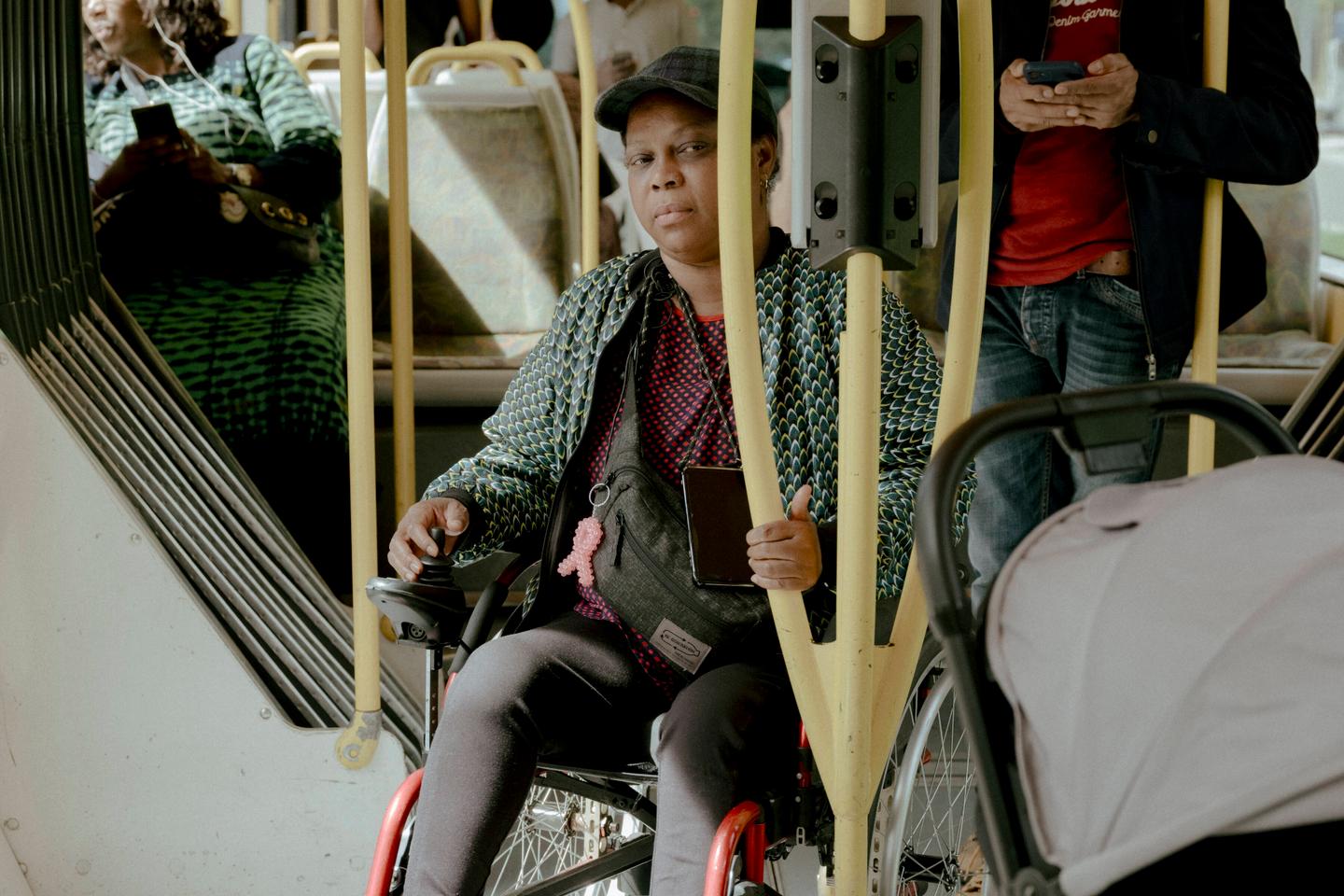


The issue with "enchanted interludes" is that they eventually come to an end. The Paris Paralympic Games powerfully put forward the question of disability in France, which is usually largely concealed. For 12 days, the country witnessed the remarkable performances of these unique athletes from five continents, showcasing strength, skill, strategy and courage.
In a society where disability remains all too often synonymous with "deficiency," it was for once associated with collective national rejoicing and outstanding performances. Alexis Hanquinquant, a double Paralympic triathlon gold medalist and flag-bearer for the French delegation, was not the only one to praise "a new general awareness" and consider that these Games would foster "much greater inclusion."
And yet, one week after the closing ceremony, can we be certain, outside sporting circles, that "nothing will ever be the same again" for the 12 million disabled people living in France? It has been repeatedly said that the Paralympic Games would "change the way we perceive" disability, counteracting the miserabilism, paternalism and clumsiness that still dominate.
This goal holds great significance, especially considering the historical context of events such as the "wooden leg race" organized in the town of Nogent-sur-Marne, east of Paris, in 1895, and the first post-war competitions between "paralyzed" or mutilated individuals that were heavily influenced by medical perspectives. Historians Sylvain Ferez and Anne Marcellini discussed these matters in their article Sport des autres ou autre sport? Genèse et essor du paralympisme ("Sport of others or another sport? Genesis and rise of Paralympism"), published by La Vie des idées.
How does this "change of perception," which also seems to be reflected in the triumph of Artus' film A Little Something Extra, actually improve the status of disabled people? "Assuming that their situation depends solely on the way able-bodied people look at them is a bit like saying that the status of women depends first and foremost on the way men look at them! Imagine the scandal!" argued sociologist and political scientist Pierre-Yves Baudot, co-author of Handicap cause politique ("Handicap, a Political Cause"). "What counts is not the way able-bodied people see them, but the way disabled people see themselves, which is generally negative because they are hindered in their travel, studies, access to employment and housing."
The difficulty of transposing any gains made at the Paralympics to the whole of society is also due to the exceptional qualities of the athletes taking part. "We're not superheroes," said wheelchair tennis champion Michaël Jérémiasz, recalling his own difficulties in getting around. Disability, he insisted, remains the leading cause of discrimination cases referred to the French Human Rights Ombudsperson.
You have 49.47% of this article left to read. The rest is for subscribers only.
